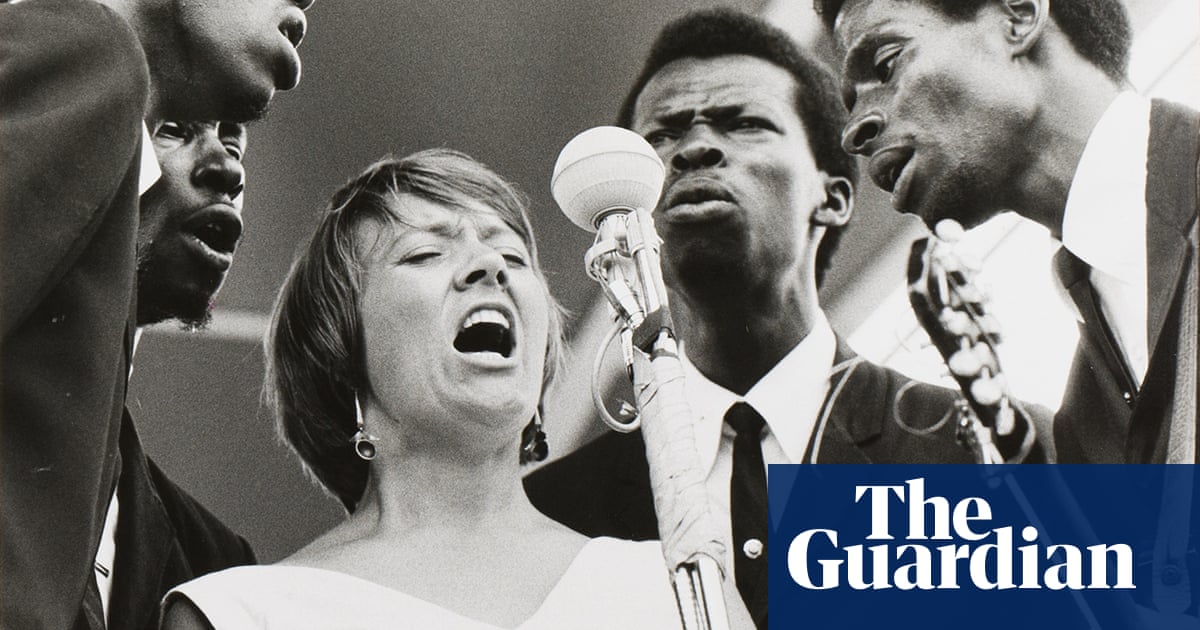Barbara Dane, a singer-songwriter known for her dedication to social change, passed away at the age of 97, leaving behind a legacy that continues to inspire. Despite battling heart disease in a home hospice in Oakland, California, she remained committed to her music and activism. Over nearly 80 years, she collaborated with iconic figures such as Bob Dylan and Louis Armstrong, showcasing immense courage and compassion. Her life and work are now celebrated in the new film, The 9 Lives of Barbara Dane.
In a recent interview before her passing, Dane expressed her struggle with breathing and acknowledged that her time was limited. Renowned for breaking racial and gender barriers, she was a role model for many, including artists like Bonnie Raitt and Bob Dylan. Despite her impact in the US, Dane’s recognition in the UK was primarily for her Northern soul anthem, “I’m on My Way,” which gained popularity through a commercial featuring Samsung.
Born in Detroit, Dane’s early experiences with racism fueled her lifelong commitment to fighting injustice. From her debut album, “Trouble In Mind,” to her collaborations with music legends like Louis Armstrong and Lightnin’ Hopkins, she left an indelible mark on the music industry. Dane’s activism extended beyond her music, as she actively participated in civil rights and anti-war movements, even touring revolutionary Cuba and performing in North Vietnam during the war.
Despite her significant contributions, Dane’s legacy faded in the shadows of American music history. Her disdain for the commercial music industry and her uncompromising political stance led to missed opportunities for mainstream success. However, her founding of Paredon Records allowed her to release music that resonated with her beliefs, including the album “I Hate the Capitalist System,” which remains relevant in today’s socio-political climate.
Dane’s Marxist beliefs and unwavering dedication to social justice underscored her musical career, making her a revered figure among those who valued authenticity and activism. Her impact on music and society continues to be felt, as reflected in the recent reissues of her work and the documentary that celebrates her life. Dane’s message of unity through music remains a powerful reminder of the enduring power of art in creating connections among people.
Barbara Dane’s influence transcends borders and generations, leaving a lasting legacy that resonates with those who seek to make a difference through their art. Her story serves as a testament to the transformative power of music in bringing about social change and inspiring others to follow their conscience, as she did throughout her extraordinary life.
